SCHWINNNNNG!

How The X-Men Channel King Arthur
There was another future in the cards for director Bryan Singer before there was a past.
With his return to the X-Men franchise hopefully comes an old trope the director once dropped, here and there, for us unsuspecting comic and fantasy-lit fans.
A common motif found within the director's X-Men films was a reference by various characters to T.H. White's great work, The Once and Future King, a collection/novel of the Arthurian legend and its motley of characters. White's immense and complex novel also bears a great resemblance to another fantasy saga written over roughly the same period of time with ironically similar characters, tropes and settings, The Lord of the Rings by J.R.R. Tolkein.
SPOILERS FOR A FANTASY CLASSIC AND SOME KINDA OLD MOVIES!!!
Good reads, and not a single nut or bolt in this place...

With their brooding but charming old wizards, struggling young kings and a dark, amorphous dread on the horizon, both cycles--along with Chronicles of Narnia--share a character that seems highly relevant to the early half of the twentieth century and all its devastating wars. All these fantasy tales have magical kingdoms overrun by dark forces, likely metaphoric of, and influenced by, the Great War and eventually World War II as well.
But what's interesting for Singer, and his indirect homage, are the spaces he fills and the arrows he points from Future King to his version of the X-Men mythos. Reportedly, and if you go by the sometimes subtle cues, Singer believed that not only was the original Star Wars trilogy a great guide for structure but so was Future King for being a thematic guide.
The writers of X-2, and its director, apparently believed the mutants of Marvel bore a striking resemblance to the court of the legendary British king; and those characters obviously being the subject of Future King.
But even more intriguing was how all the names and faces matched up in both cycles. Strange enough, or not (depending on your inner Sherlock), was the fact the title character of X-Men--the "X" in virtually all "X" titles--Professor Charles Xavier was not exactly the representation of King Arthur in the X-Men films. But rather, was, and still is, a more mysterious character from Arthurian legend.
Singer likely believed, and hopefully still does (if he wants to be consistent with his simulacrum), that Professor X was actually Merlin, of all people. The court wizard of Camelot, Merlin is a very similar archetype to one performed by his opposite in X-Men, Ian McKellan's Gandalf, from Lord of the Rings.
Goes a bit full circle, doesn't it?
The reasons being that the magnitude of his magical skills coupled with his age--or perhaps lack of interest in hand to hand combat--made him a more suitable teacher, adviser and all around tactician rather than straight up warrior. This is not to say he never engaged in battle--we see both the Professor and Merlin in the midst of war many times--but that he most likely preferred being in the war room or to the side of the king whenever possible.
So Many Interesting Beards To Stroke
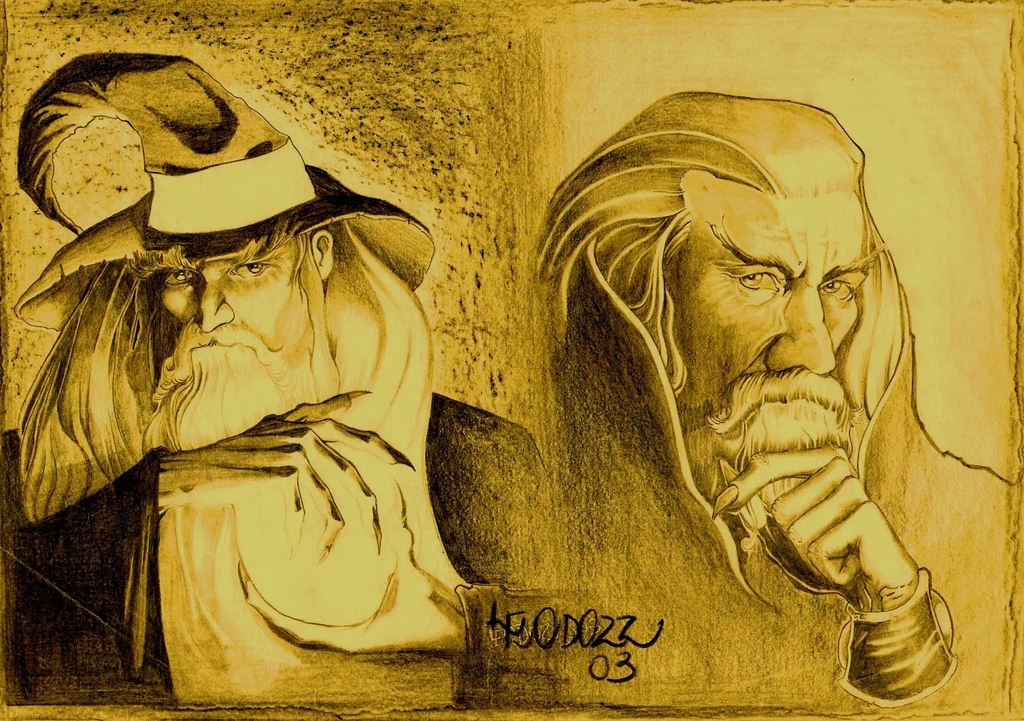
Merlin had the indispensable ability to manipulate time, space, objects--people, which made him an invaluable asset to Arthur's holy wars against all the decadent kings and emperors of medieval Europe. But his wisdom was even greater. And there was one ability he possessed which likely trumped all other powers at his disposal, but was likely a curse on him as well.
Merlin lived backwards through time.
And that is perhaps either completely nonsensical, paradoxical (or both), but is the perfect literary trick and so genius. Merlin's gift (if you could call it that), much like the professor's telepathy, allowed him to see events form in his mind before they materialized physically. Although Arthur likely was not aware of this fact, he knew of Merlin's wisdom, which makes sense to keep the man protected: as he would be the ultimate ace-up-the-sleeve for any king.
But if the teacher-hero of Marvel's library is Merlin, at least according to some sources, that really begs the question: who is everyone else?
Merlin was more a guide--both spiritually and strategically--than a force that propelled the story. Arthur was obviously more the protagonist (save for Ill Made Knight, which heavily featured Lancelot), although not always the hero. While in the various X-Men franchises Xavier has a more direct influence on his creed, but is not always the warrior. The Merlin-Professor X analogue likely leads to the next place in line, in terms of command and history, as Cyclops being the main herald of Xavier and in some ways a filler for Arthur in the franchise.
This dynamic does not completely match up, however, as for much of the X-Men comics and films Cyclops is not the unequivocal lord of a massive estate, although he does carry its philosophy as much as anyone, but is more an executor or guardian of those treasures.
CYYYYYYCH!
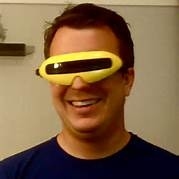
Still, Scott Summers is a leader and great warrior: the man with whom others respect so much they will trust their lives with in battle; much like Arthur with the Roundtable. And, more often than not, along with his wife Jean Grey, and rival/ally Logan, is the focus of a great deal of their world's stories. This funny dynamic is ironic as they share the limelight as much as Arthur's closest friends and family--Gwenevere (or Guenever) and Lancelot. Which leads to my next point...
Scott, Jean and Logan form a thematic trinity and love triangle that is eerily reminiscent of none other than Arthur, Gwenevere and Lancelot's romantic entanglements. In fact, Cyclops is often flanking Logan's advances for Jean Grey much like the King of Camelot is helter-skelter about the budding romance if his wife-queen and greatest warrior of the Roundtable. Logan too, much like Lancelot, is perhaps the greatest soldier in his circle in terms of fighting ability (although not always the wisest), as well as a charming and romantic leader, but also a sadist.
Altogether, the three in both series form an almost unstoppable force when in concert, but, when divided, threaten to submerge and waste everything around them, whether it be court, school or loved ones.
Woops.
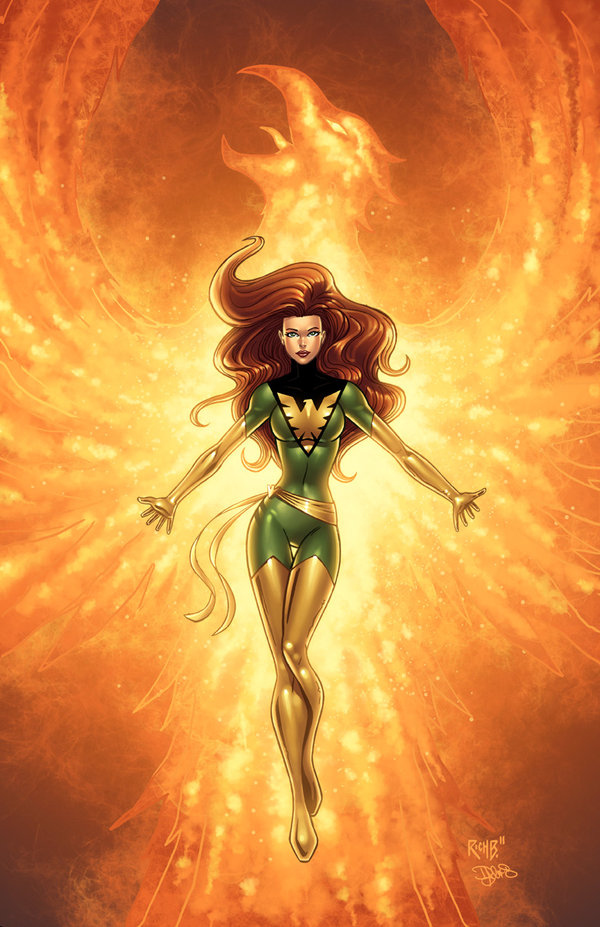
So the roundtable is much like the school of Xavier, or, specifically the X-Men team itself and the philosophy of equality, or in Arthur's case a more equitable world. Both are thrown into turmoil and disbanded many times in both legends and forced to reconcile; with great sacrifices in their wake.
If you were only to use the films as an example--and a lot of this reasoning is devoted to mainly them--you can easily see Pyro as a sort fill-in for for Arthur's son, Mordred. His one time reluctant, bad apple status who seemingly questions almost all of the Professor's reasoning (even to the chagrin of Magneto) quickly evolves into an outright schism from the school and disdain for its purpose. This arc, and even Pyro's personality, is very analogous to Mordred's growing hatred for his father even as he plots to acquiesce his throne.
Mordred even had a kind of moral antithesis in Sir Galahad just as Pyro has his former friend Bobby Drake, or Iceman, whose character was counterpoint to him in many ways. Mordred being almost completely devoid of any redemptive qualities while Galahad was considered near perfect. Although it would be a stretch to dub Iceman as perfect the relationship to each is pretty similar as both sit on opposite sides of the moral spectrum.
Punk Planet did a feature on these guys like seven years ago.
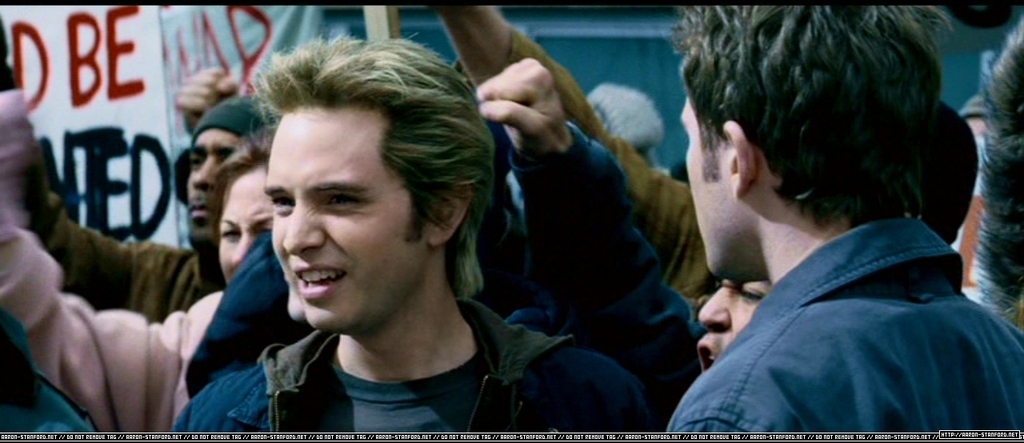
But, ultimately, who exactly is Magneto in all of this? He seems harder to pin down and the question of his role has always bothered me. Arthur's enemies were often feminine or effeminate with his son Mordred, his half-sister Morgause and her circle of witches. Also, during his young rise to power, Arthur quickly conquers many of the surrounding royalties, disposes of their greedy decadence and attempts to form a new world.
But all of these characters seem almost secondary as their names are hardly listed, if at all, and barely given a position of importance in the books next to the "Queen of Air and Darkness" or Arthur's duplicitous son. It almost seems as if this is where the whole X-Men/Future King dynamic breaks down and does not seem so plausible.
But, then again, why actually show Magneto, of all characters, reading The Once and Future King if he has no specific role in which to place him in the story, unlike Cyclops and Xavier?
To understand Erik Lensharr, or Magneto, and his relation to Future King you would likely have to venture further out into Arthur's philosophies and his dreams of life and governance. For instance, Arthur was known for his drive to change the old ways of serfdom, their gentleman's club elitism, and bring strength to a powerless kingdom. He went about this goal by basically using his father's (Uther Pendragon) method of rampaging on everything in his path.
He then set up Camelot as the complete power in the world, established the military might of the Roundtable, and then created a set of high standards/laws which the people of the kingdom could carry themselves. Unfortunately, it also meant holding him self to those standards later on, and the lawyers that came with it, and handing away his own power to form stability and some sense of egalitarianism.
But this whole arc of actions has the effect of creating a new class of people solely devoted to a bureaucratic regime, that later attempts (spoiler alert!) to execute Arthur's own wife Guenever, and go to war with his one-time friend and ally Lancelot and his army. And this bureaucracy in turn creates a literal army of people disgusted with their ways who revolt against all of them, namely Mordred and his army.
Thanks, Arthur. Luv, Jay
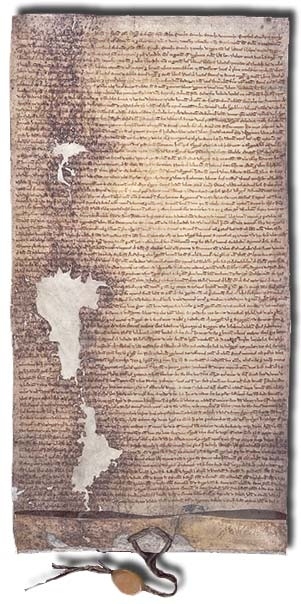
So if you see Arthur's ways as a sort "good intentions" type situation, you know, "the road to hell," as a basis for the relationship of Xavier to the world he inhabits, Erik becomes almost an anti-ideological windfall to Xavier's beliefs of a harmonious world with regular humans. Some mutants, much like some of Arthur's court and kingdom, find him too idealistic and constrained by his own beliefs to the point of being unrealistic about the world's dangers. His beliefs cannot exactly survive, let alone thrive, in a Darwinian world where kings, emperors, and merchant-men want to horde the world's wealth while extending their dominion over as much of the masses as possible.
But it is in this small fact that you can find Erik "Magneto's" role not as another royal analogue, who, like Arthur, Xavier must constantly counter-maneuver with might and armies, but a member of his own "round-table" he must battle with reason and ideas. An idea which may be signified in the X-Men sequel's subtitle X-Men United, or all of Xaiver's allies, both current and past, coming together. So Erik is likely a member of Xavier's very own roundtable, who, like Mordred's non-Norman Brits and Lancelot's Frenchmen, is so disposed of his unpractical ethos he is willing to come to blows with his one-time brother if it means his goals are met. While the Brotherhood of Mutants is also a bit similar to Mordred's army who also grew out of distaste for their old leader's peaceful ways.
Don't take a sword to a spear show, or somethin'
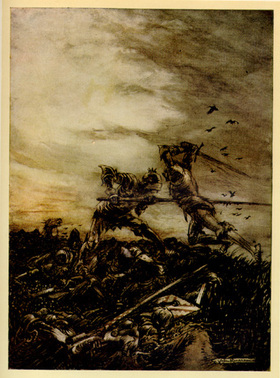
But since it is Erik himself who utters the great rhetorical question, "When will these people learn to fly," which is a not-so-subtle nod to Merlin's analogy of 'if humans could fly they would not go to war,' perhaps Magneto is Mallory (the author of Le Mortre d'Arthur) or T.H. White himself of all people.
Witness, researcher, and recorder of the great Arthur, or in this case Xavier and company, seeing the failings and futile dreams of a people, kingdoms and armies rolling over and over. And, then again, maybe Xavier is both Merlin and Arthur: architect of the future and regretful warrior.
Whether or not this trope sees its way back into Days of Future Past is uncertain, although, it would be pretty wicked to see a line or prop dropped quietly somewhere in the story.
But, in a way, the motif already has been fulfilled as the novel's title Once and Future strangely enough alludes to Xavier's own story arc in X3 and this new film.
At any rate, don't judge all films by a lame sign in the hallway.

